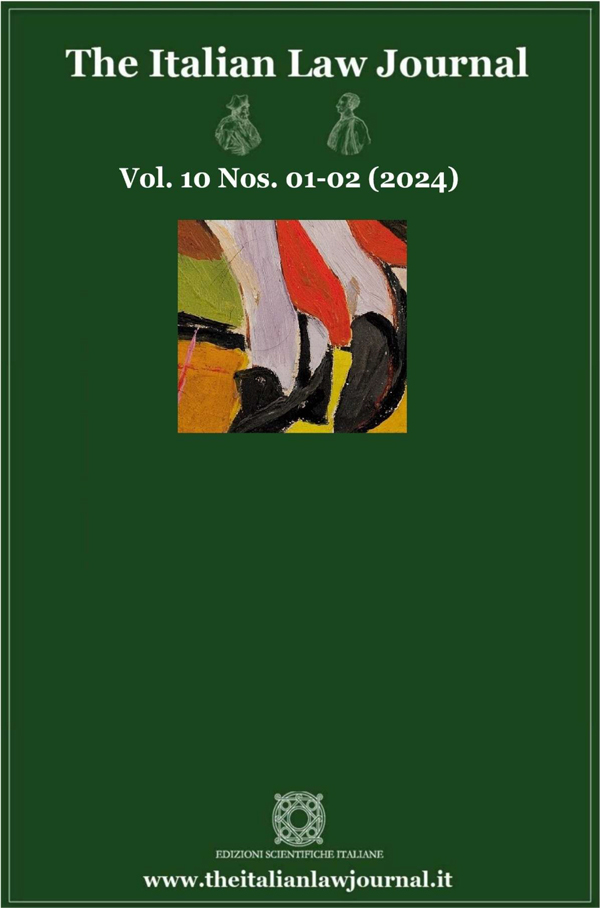10 THE ITALIAN LAW JOURNAL NOS. 1-2 (2024)
Cross-Examination in Italian Criminal Procedure: The Bumpy Road to Due Process
by José Rafael Gómez Biamón
During the last three decades, Italian criminal procedure has been steadily going through substantial changes. The most notable transformation has been brought forth with the introduction of a new Code of Criminal Procedure (1988) that among other things, changed criminal procedure from an inquisitorial system into a so-called predominantly adversarial system. Adding to this, the incorporation of other fundamental substantive rights as well as procedural protections to the Code of Criminal Procedure has been essential to this evolution; such as the presumption of innocence (2021), the standard of proof that a person can only be found guilty beyond any reasonable doubt (2006), due process of law (1999), and the right to cross-examination (1999).
DOI 10.23815/2421-2156.ITALJ ISSN 2421-2156
Specifically, cross-examination is a procedural guarantee, incorporated in the body of the Italian Constitution that is often applied in the Code of Criminal Procedure as a requirement for evidence and testimonies admitted in a trial hearing to comply with due process of law. Notwithstanding the rules about how to conduct the cross-examination are not fully specified in detail within the law. Furthermore, there is scarce jurisprudence and different points of view within the legal doctrine on its application during a trial hearing, thus making it an interesting issue for a critical legal analysis. Unquestionably cross-examination has great importance in criminal procedure; therefore, any legal issues and challenges that emerge in a trial are susceptible to a certain degree of interpretation from the judge in the application of this constitutional right.




























